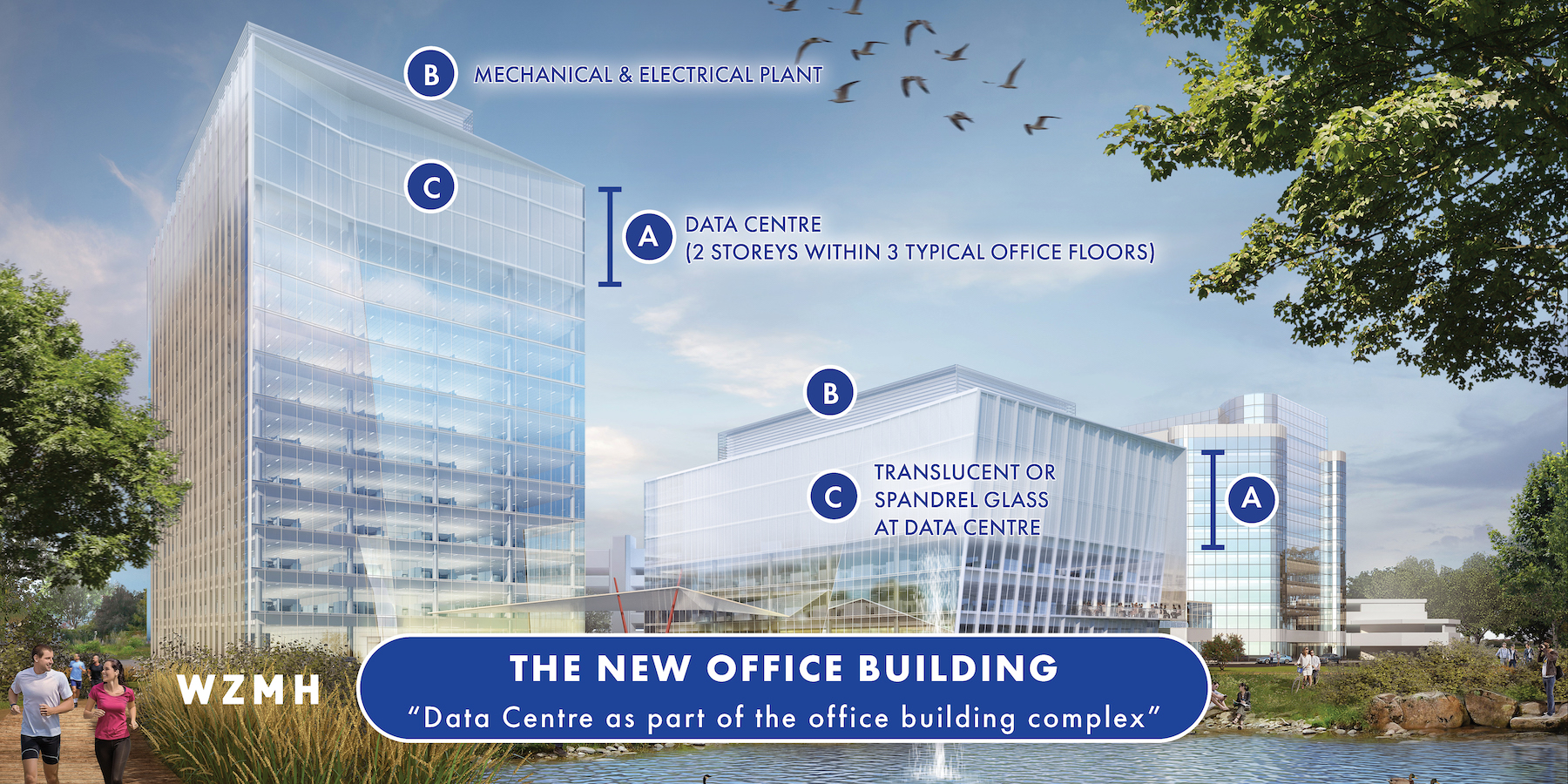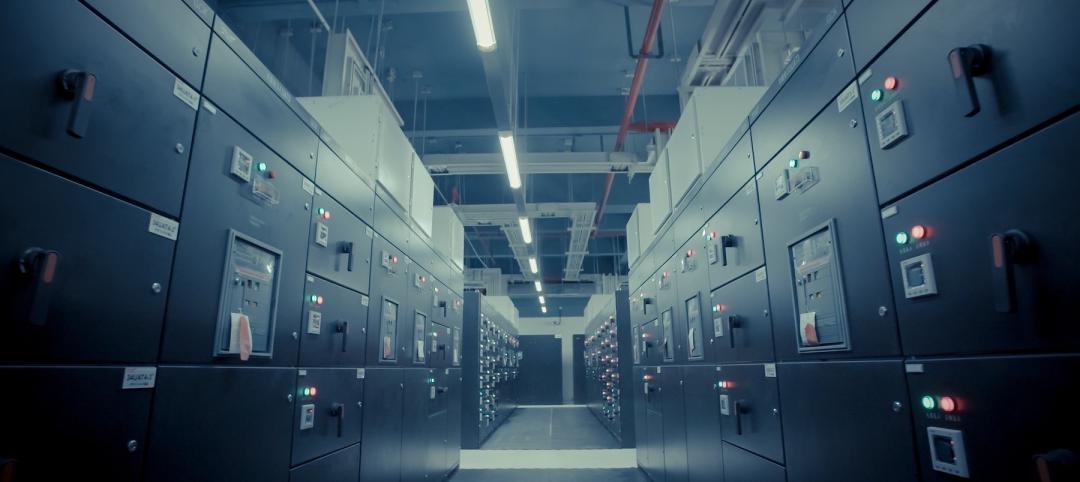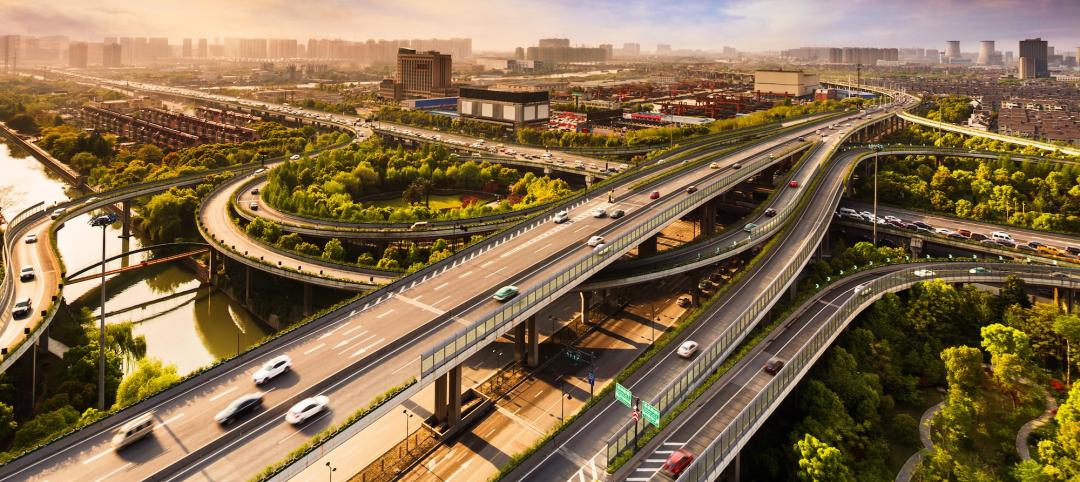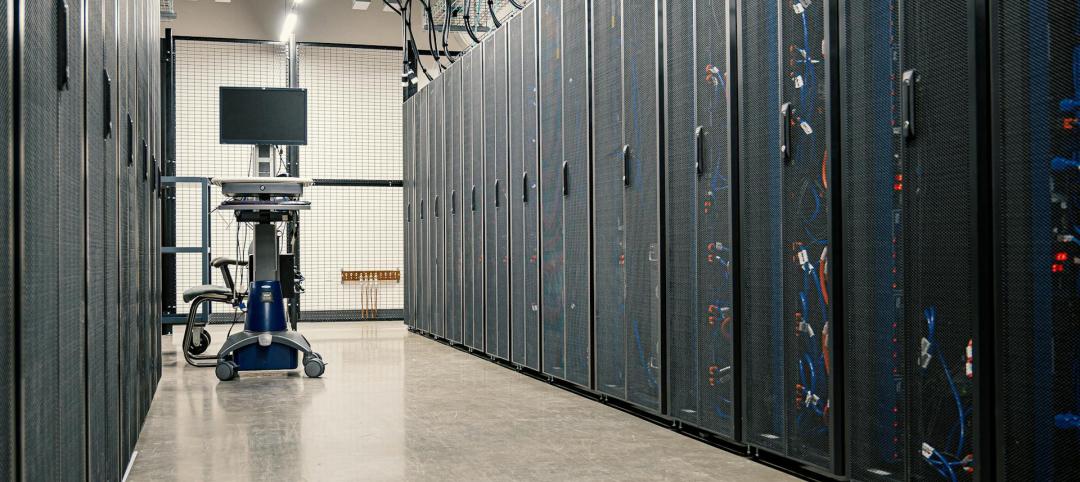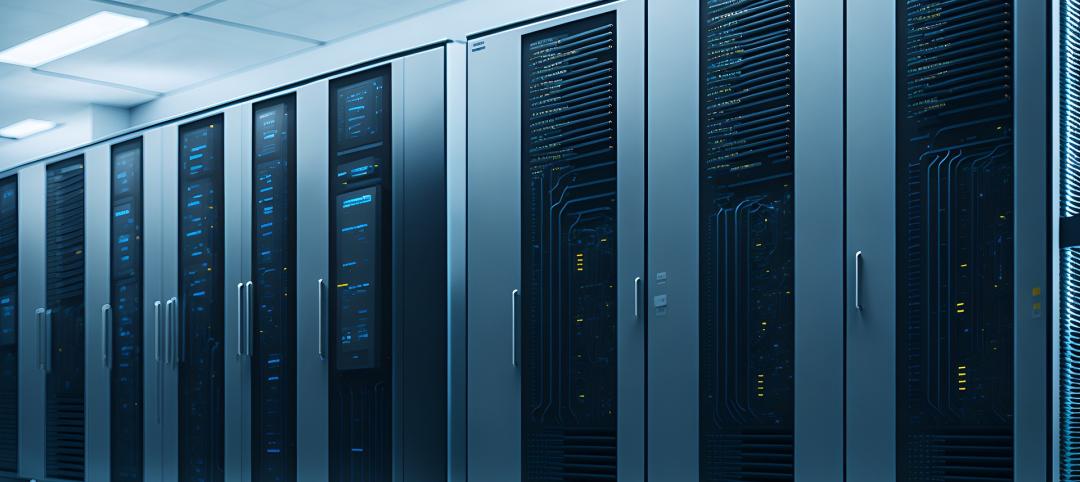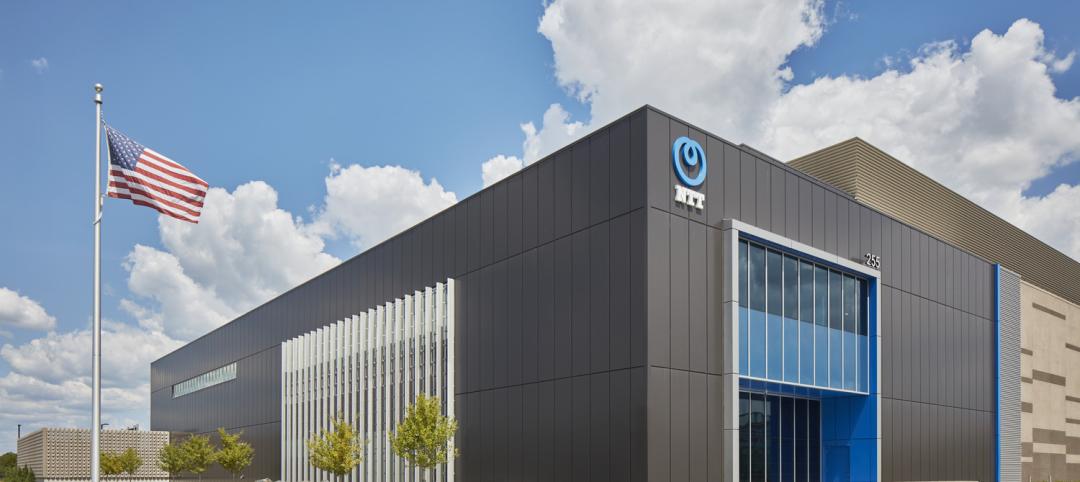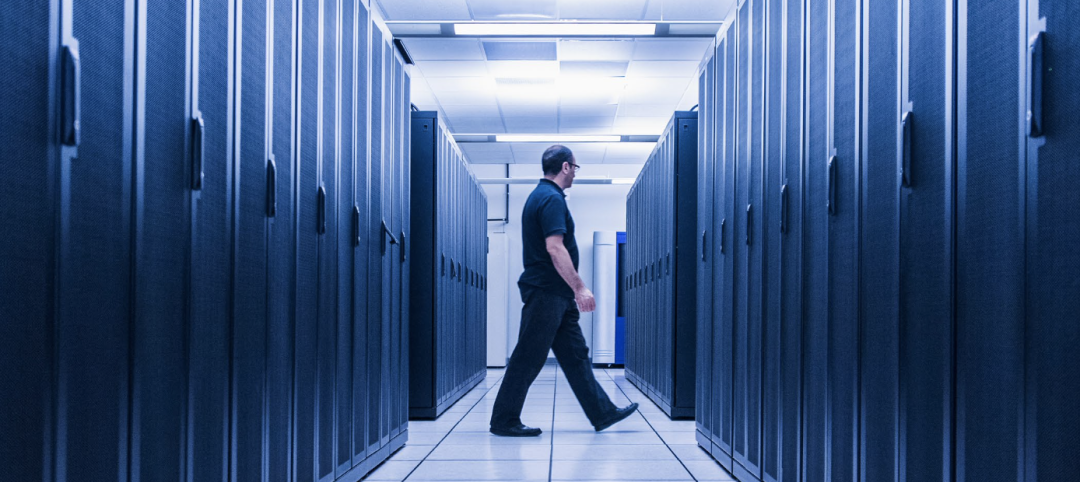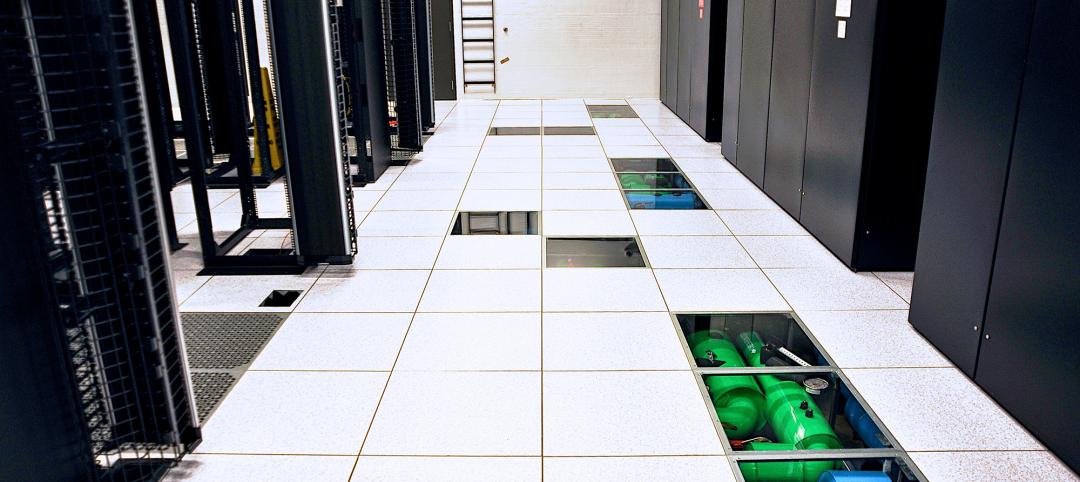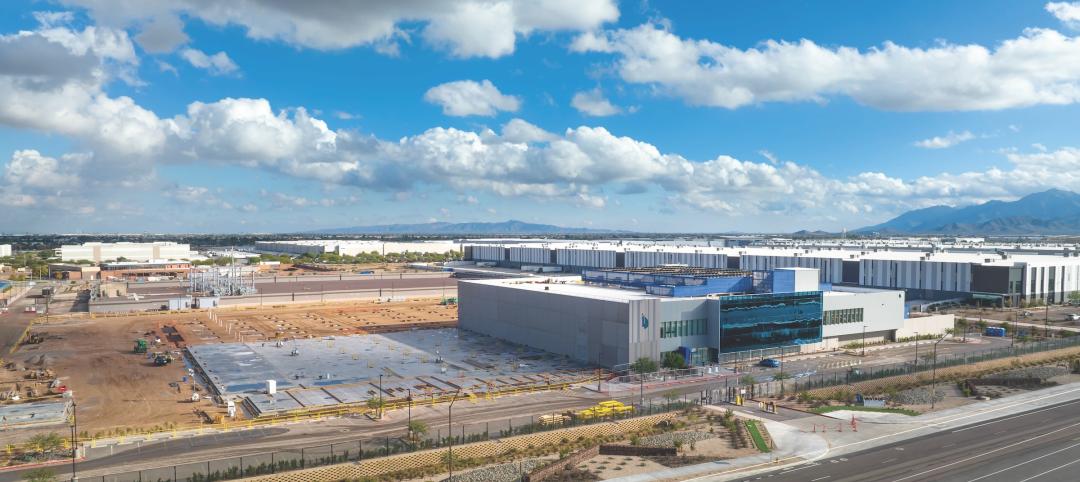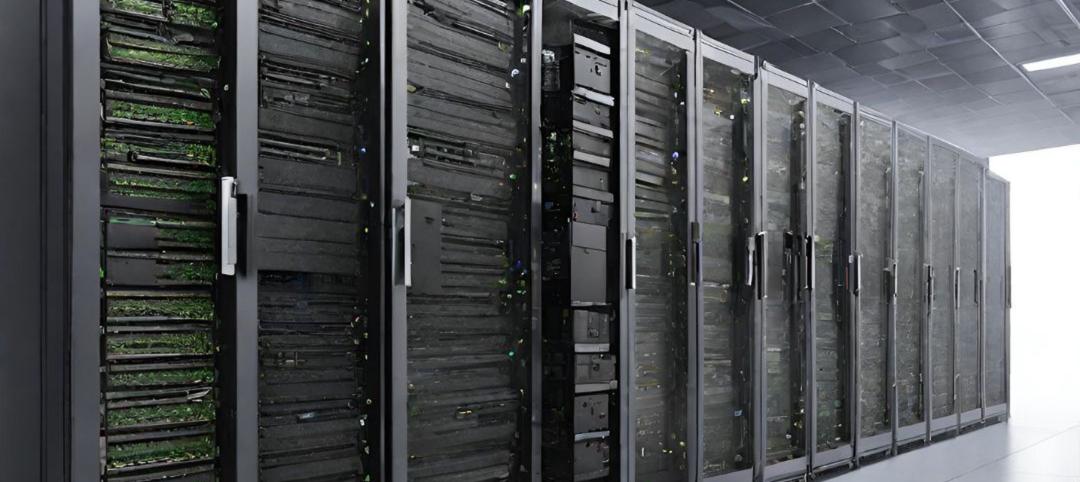Data centers are being built at a rate that could see the number of facilities double in the next decade. Their huge energy needs, left unaddressed, will pose a threat to the positive steps the built environment takes toward reducing its carbon footprint.
Toronto-based WZMH Architects has come up with a concept to harness “wasted energy” from data centers by diverting it to residences and commercial buildings that are located near the data center to form a direct current microgrid-based community.
The firm’s Innovation Lab has been conducting regular workshops on this topic with Ryerson University. And while WZMH hasn’t reached a proof-of-concept stage yet, “it wasn’t meant to,” says Zenon Radewych, a Principal with the firm. He believes, however, that it’s only a matter of time before a microgrid community is created.
“We’ve been living in a low-voltage DC [direct current] world for a long time,” he explains. The goal would be to build out the direct-current infrastructure and “push AC [alternating current] as far back as possible.” Radewych notes that DC is more compatible to green products like solar and wind, as well as to Internet of Things devices.
Here’s how the concept would work:
- Data center generators are tested monthly, but the energy from those tests isn’t used to support the facility’s electricity requirements, so it’s being wasted;
- Using DC microgrid technology and a battery storage system, the wasted energy from data centers could be harnessed to power nearby buildings;
- Buildings constructed around data centers would benefit from a free, reliable, and self-sustaining energy source. WZMH research estimates that in a data center with eight three-megawatt diesel generators that are tested for one hour per month, a DC microgrid can create energy equivalent to one day of power per week for a residential building with 125 units.
The microgrid—a localized network of electric loads and power sources—could function independently or in conjunction with a larger grid system. In WZMH’s concept, the microgrid would be an alternative power system in the building whose equipment could be energized by various energy-generating sources.
WZMH envisions the microgrid community with battery storage systems that, along with renewable energy sources and access to recycled energy from the data center, comprise the power plant for the co-located buildings within the community.
Radewych says that data centers have only scratched the surface when it comes to lowering their energy consumption. He also speculates that the data centers built nearer to residential and commercial properties would probably need to be constructed vertically because of land availability.
Related Stories
Data Centers | Oct 1, 2024
10 biggest impacts to the data center market in 2024–2025
While AI sends the data center market into the stratosphere, the sector’s accelerated growth remains impacted by speed-to-market demands, supply chain issues, and design innovation necessities.
Data Centers | Sep 2, 2024
Data center demand continues its feverish growth rate
But JLL’s latest market report worries that the sector is outpacing its manpower and electricity capacities.
Multifamily Housing | Aug 21, 2024
Nation's leading multifamily developer expands into infrastructure
Greystar's strategy for infrastructure is driven by the shifting landscape of today's cities—primarily in the increased digitization, urbanization, and transitions to clean energy.
Data Centers | Aug 8, 2024
Global edge data center market to cross $300 billion by 2026, says JLL
Technological megatrends, including IoT and generative AI, will require computing power to be closer to data generation and consumption, fueling growth of edge IT infrastructure, according to a new JLL report.
Construction Costs | Jul 18, 2024
Data center construction costs for 2024
Gordian’s data features more than 100 building models, including computer data centers. These localized models allow architects, engineers, and other preconstruction professionals to quickly and accurately create conceptual estimates for future builds. This table shows a five-year view of costs per square foot for one-story computer data centers.
Data Centers | Feb 28, 2024
What’s next for data center design in 2024
Nuclear power, direct-to-chip liquid cooling, and data centers as learning destinations are among the emerging design trends in the data center sector, according to Scott Hays, Sector Leader, Sustainable Design, with HED.
Data Centers | Feb 1, 2024
Gen AI will drive data center growth, says latest JLL sector report
Power access is pushing developers toward alternative sources and secondary markets.
Data Centers | Nov 22, 2023
How is artificial intelligence impacting data center design?
As AI is reshaping how we interact with machines and the world around us, the design of data centers needs to adapt to this fast-changing landscape. So, Page pairs expert thinking with high-performing solutions to meet the needs of rapidly advancing technologies.
Data Centers | Nov 13, 2023
Data center sector trends for 2023-2024
Demand for more data centers is soaring, but delivery can be stymied by supply delays, manpower shortages, and NIMBYism.
Giants 400 | Oct 2, 2023
Top 50 Data Center Construction Firms for 2023
Turner Construction, Holder Construction, HITT Contracting, DPR Construction, and Fortis Construction top BD+C's ranking of the nation's largest data center sector contractors and construction management firms for 2023, as reported in Building Design+Construction's 2023 Giants 400 Report.


